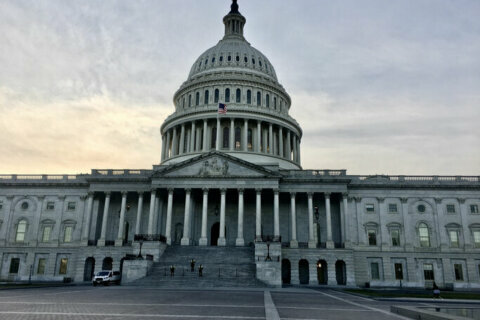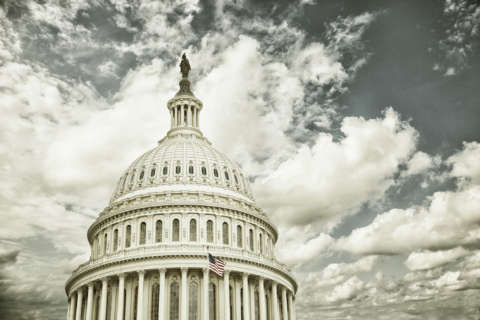The biggest news all week for federal employees, the Washington Post reports the administration will be suggesting a 1.9 percent raise for them. This comes after the administration released its 2018 budget proposal which, made no mention pay one way or another.
The 1.9 percent number may have come from language already built into the budget process that automatically raises federal pay by that amount, unless the President or Congress says otherwise, either by submitting an alternative pay raise rate or cutting the raise altogether. A bill in the house would give employees a 3.2 percent raise, but without such a law, the President has a lot of discretion.
One the President Donald Trump’s main topics during his campaign was to build a wall along the U.S.-Mexico border and he signed an executive order calling for one. This week, the administration took another step to bring that idea to fruition. Customs and Border Protection is looking for proposals for the design and construction of a wall along the U.S. southern border. It issued two Requests for Proposals to implement Trump’s executive order. It called for multiple conceptual wall designs with the intent to construct multiple prototypes. Responses are due by March 29.
We also got more of an idea of whom the President wants implementing his policies. Trump maked his selection for a key post in the Homeland Security Department, tapping David Glawe to the be the next under secretary for intelligence and analysis at DHS. Right now Glawe is the assistant commissioner at CBP. Until he’s confirmed, the President named Rear Adm. Robert Hayes to serve in the role in an acting capacity. Trump’s second choice to run the Labor Department testified before the Senate Health, Labor, Education, and Pensions Committee. Alex Acosta assured committee members he would not allow political pressures to influence his decision making, a mistake he felt he made when he served as a federal prosecutor during the Bush Era.
Trump also authorized $19.5 billion in funding for the National Aeronautics and Space Administration, but gave the agency a tall order. The legislation tasked NASA to develop a human exploration road map with the long-term goal of human missions near or on the surface of Mars in the 2030s. The White House upped its commitment to space travel even more by recreating an old working group from the first Bush era. Vice President Mike Pence said they were reestablishing the National Space Council, which he will chair himself.







